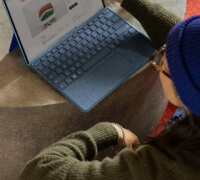
Where Ideas Ignite
Blog
Welcome to the Maxwell Bond Blog - a space where ideas ignite. Our blog is a vibrant hub of information, discussions, and expert opinions on everything recruitment, tech, and industry related. Dive into thought-provoking articles, success stories, and engaging content that not only informs but inspires. Join us in the exploration of the ever-evolving worlds of technology, digital, and sales.
GET IN TOUCH
Fill in the form and one of our team will be in touch shortly.











































